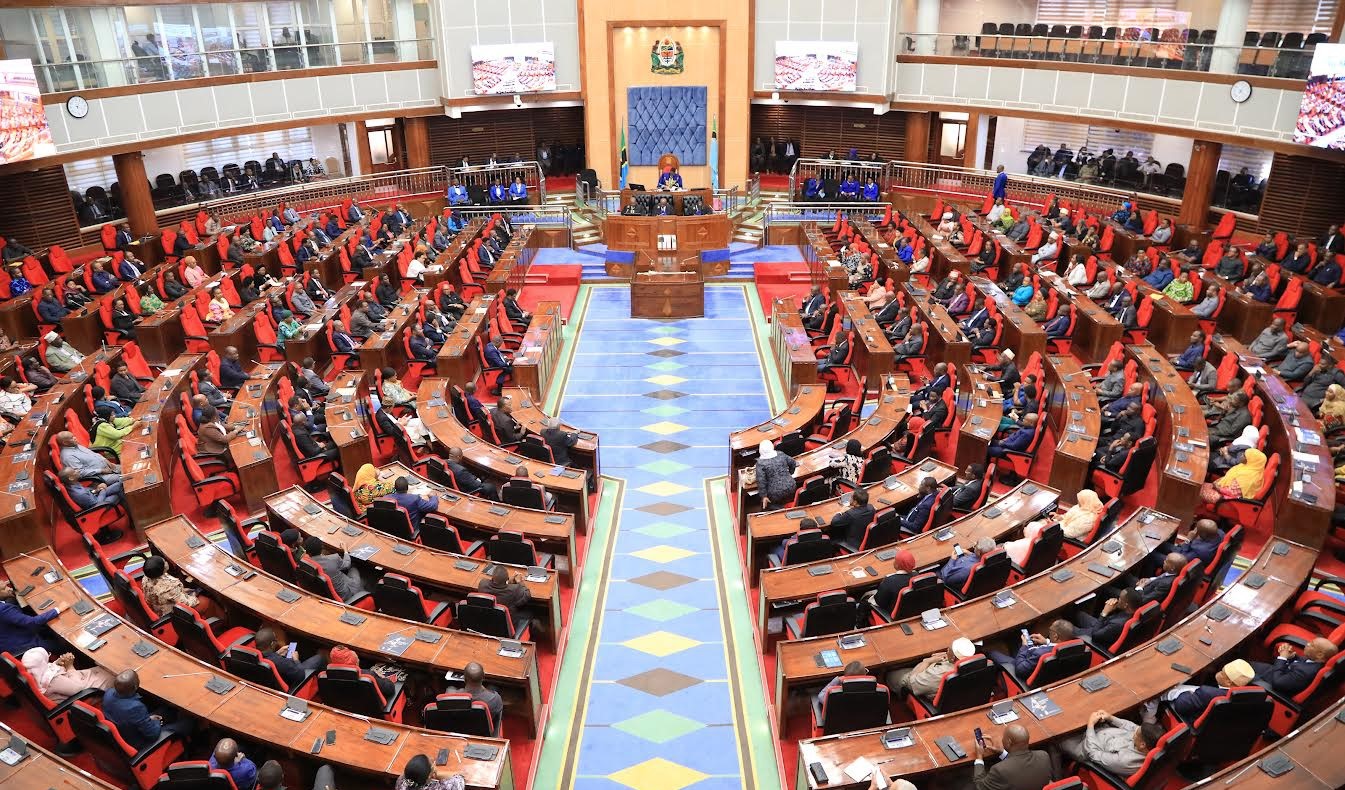Prime
Miners face growing threat of silicosis, says Shinyanga doctor

Tanzanian miner Mwagyma Ramadhan looks for gold at an open-pit gold mine in Nyarugusu, Geita Region, Tanzania on May 27, 2022. PHOTO | GETTY IMAGES
What you need to know:
- Silicosis is a long-term lung disease caused by inhaling large amounts of crystalline silica dust, usually over many years. Silica is a substance naturally found in certain types of stone, rock, sand and clay.
Shinyanga. A specialist in internal medicine at Shinyanga Regional Referral Hospital, Dr Yohana Bunzari, has said that although there are no official national statistics on silicosis, the respiratory disease is becoming increasingly prevalent in mining communities.
Silicosis is a long-term lung disease caused by inhaling large amounts of crystalline silica dust, usually over many years. Silica is a substance naturally found in certain types of stone, rock, sand and clay.
Speaking to The Citizen on July 7, 2025, Dr Bunzari cited a 2023 study conducted at the Melelani tanzanite mining site, where 30 percent of the 80 workers examined were found to have silicosis.
“Silicosis is caused by inhaling air that contains silica particles, which over time creates scar tissue in the lungs, disrupting breathing. It often goes undetected for 10 to 20 years and can lead to serious complications, including tuberculosis,” said Dr Bunzari.
He noted that the disease also increases vulnerability to heart conditions, cancer and weakened immunity, making affected individuals more susceptible to other health issues.
Miners and stone crushers in Shinyanga shared the daily challenges they face, from low pay to limited awareness of the disease.
“We do this to survive,” said Ms Aisha Hamis, a stone crusher. “I have three grandchildren who depend on me. What I earn depends on how much I crush.”
Mr William Shija, a small-scale miner, said: “Sometimes I make nothing, other times I’m lucky. But we use old equipment and rely on hope.”
Others raised concerns about the cost and effectiveness of protective gear. “We’re told to wear dust masks, but they are expensive and wear out quickly,” said Hamida Hamidu. “Sometimes I take mine off just to talk.”
Mr Bashiru Juma admitted he knew little about the disease. “I just take ginger tea after work to avoid coughing,” he said.
Dr Bunzari said silicosis has no cure and often goes unnoticed for years.
He urged workers to undergo regular health checks to prevent further complications.
He also called for legal reforms and the establishment of a national support fund. “Many are diagnosed after they leave employment, so they don’t qualify for medical compensation. We need a system that protects them even after their contracts end,” he said.



